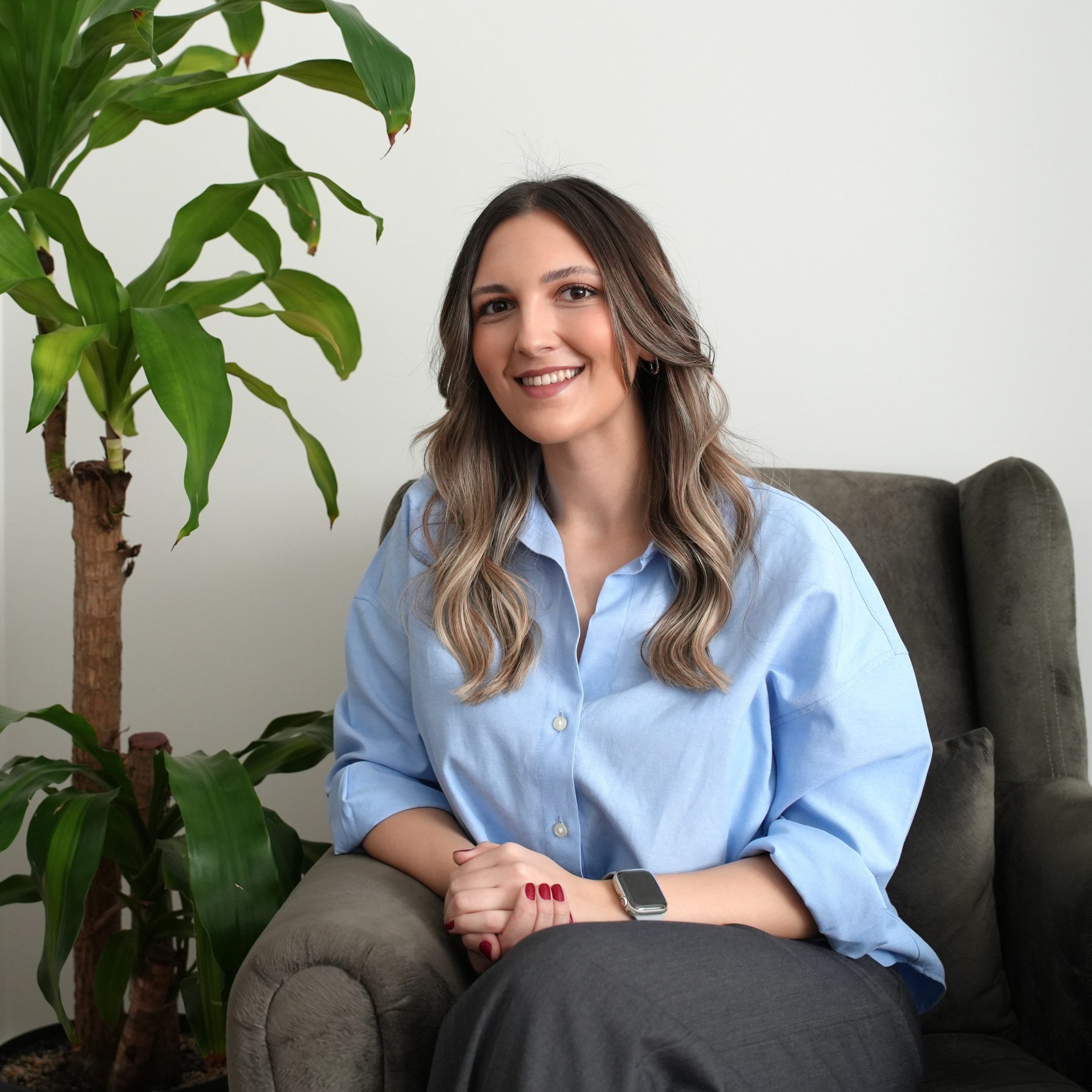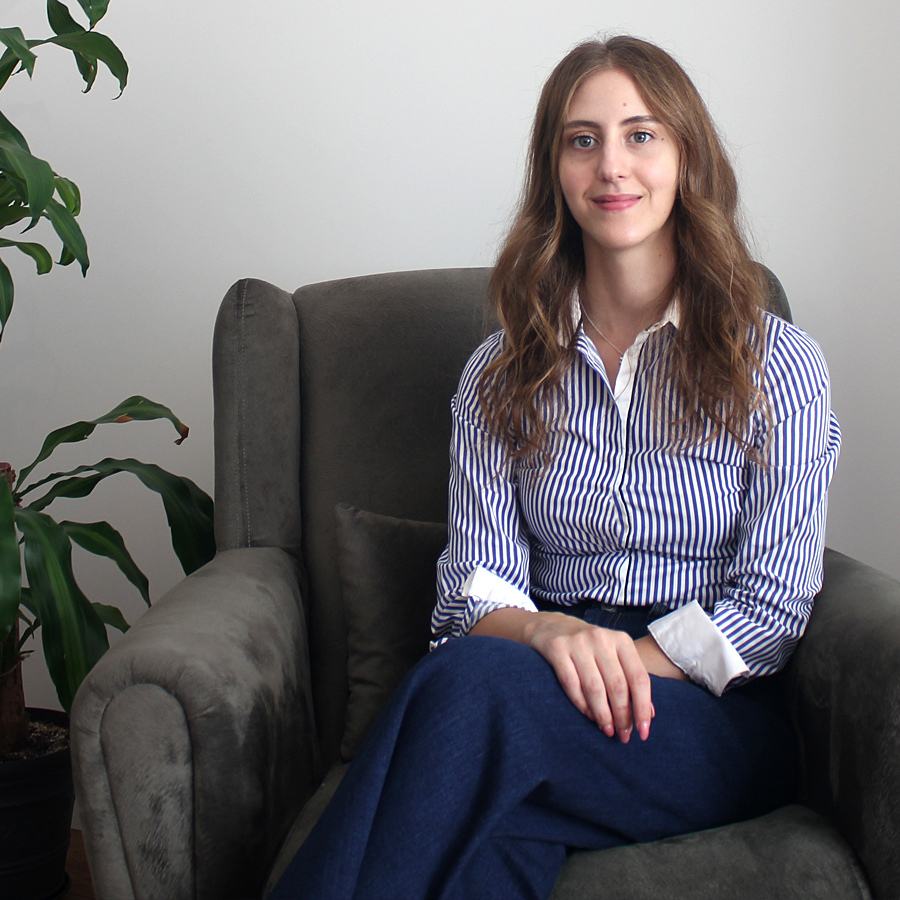– Online psychological consultancy and psychotherapy is a method whose effectiveness is proven and used all over the world for many years whenever face to face sessions are restricted or cannot be performed.
-All the rules in face to face sessions are valid in online sessions too.
-The client’s privacy is protected as in the face to face sessions. In accordance with this policy, it is not allowed to record the sessions in the digital media for the privacy of both parties. Please check Our Privacy Policy.
-It is important that, during the online session you must make sure that, the door of the room you are in, is closed and you will not be disturbed by anybody, during the session, whatsoever.
–The fee is the same for the online sessions as the face to face sessions.














